 I was diagnosed at birth with hypertriglyceridaemia after the newborn heel-prick test picked up on “cream coloured” blood. My mum would later tell me that she had been devastated by this news and had been told at the time by doctors that it would be very unlikely I would live past childhood.
I was diagnosed at birth with hypertriglyceridaemia after the newborn heel-prick test picked up on “cream coloured” blood. My mum would later tell me that she had been devastated by this news and had been told at the time by doctors that it would be very unlikely I would live past childhood.
I, however, am incredibly fortunate. My mum is a fantastic cook and even to this day is tirelessly preparing low fat meals and trying out low fat alternatives to scrumptious puddings so that I am not missing out.
I was taught well by my parents about this condition, and I was well aware of which foods were good and bad, and what I should and should not eat. My family’s immense support enabled me to have a relatively easy childhood and there was never a party or school trip that I was excluded from.
Like many LPLD sufferers, my troubles really started in adolescence when I started at University; I began to get frustrated that I couldn’t just eat out for dinner on a whim or drink alcohol as I pleased.
Unfortunately , I began to struggle further to maintain a low fat diet once I started work as a junior doctor. The long hours and shift work made my cravings for fatty foods worse, and my ability to meal plan with regular supermarket shopping was more stressful than it had ever been before. Like many LPLD sufferers, I would avoid social engagements and dinner parties – explaining my condition to friends felt awkward and as if I was a burden to them if I attended their event.
During my mid-20s , I had pancreatitis over 10 times. At its worst, I was getting severe abdominal pain every 2 months and even a year of being completely tee-total made no difference to my level of pain. I would get increasingly down on myself for not being able to control it better, and perhaps worsened by being part of the medical profession, I felt that my inability to cope with the diet was shameful.
Luckily now I have reached a period of stability in my life where new medication has enabled me to relax my diet and reduce my attacks of pancreatitis.
I often think about how my life would be different if I didn’t have LPLD. The most positive effect it has on me is the way in which it has shaped my career and my every day practice as a GP. I draw on my experience of recurrent pain and hospital admissions to understand what it’s truly like to be a patient with a chronic illness. Maintaining a low fat diet sounds ever so easy on paper but on more days than I would like to admit, I find that my willpower deserts me – and I therefore am in no position to criticise my patients but only to support and guide.
I used to resist talking about my condition as I didn’t want to be known as “that girl with the fat problem” , as I wanted people to see me as interesting for being me. I’ve come to realise over the years that denying that I have the condition and to carry on as normal is what made my mid 20s so difficult and talking about the hardships we face and raising awareness is now my keen focus.





